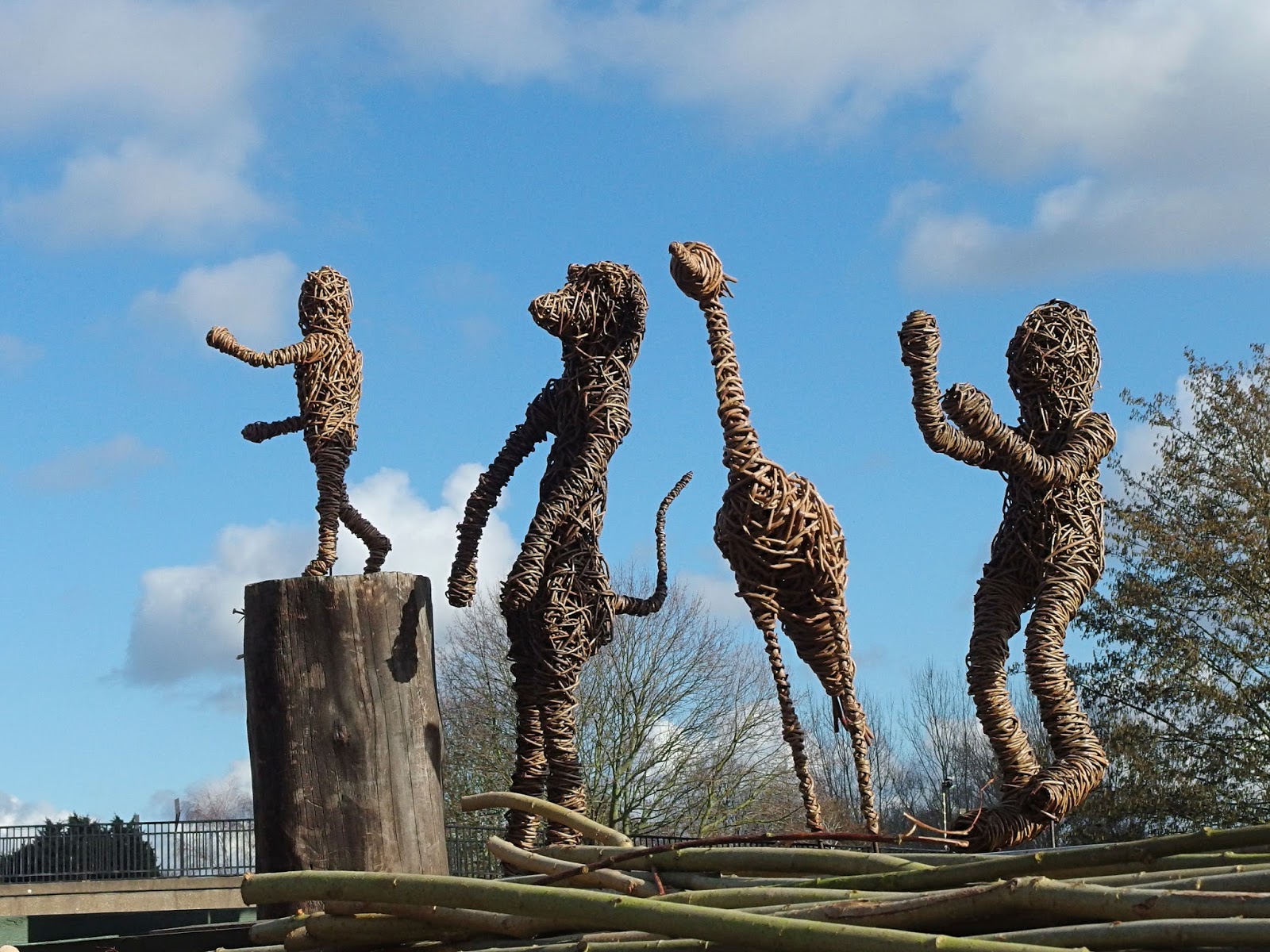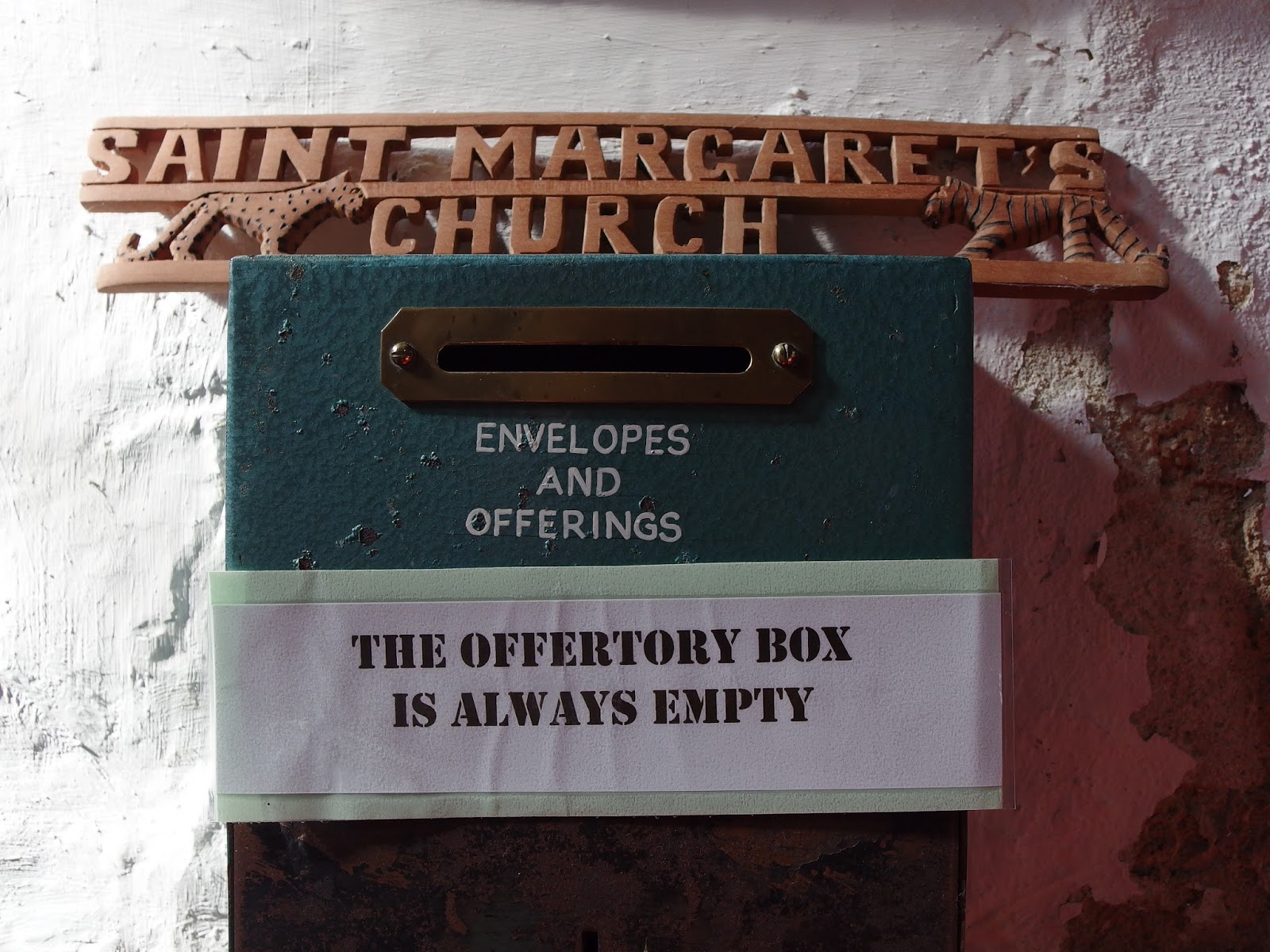My grandfather was a Cockney, a true Londoner. He ran his own coal delivery business, operating from King's Cross station to which coal was delivered from the mining areas of the north by train. On census records his occupation is recorded as a carman. And what, pray tell, might that be?
The word car predates the automobile or motorcar by many centuries and just means a wheeled vehicle, so is related to cart and carriage. A carman was someone who owned and made his living from a horse-drawn cart and by my grandfather's time this mainly meant distributing goods, which had been brought into the railway stations, to all parts of London. Although he delivered coal as his main occupation he would swap to transporting fruit and vegetables during the summer.
Interestingly, although "car" is used for an automobile in most of England, in London it's often referred to as a "motor". Which brings us on to the subject of language and the fact that you might also hear a car being called a "jam jar" in some parts of London, an example of Cockney rhyming slang ( car = jam jar).
A car like Granddad's
So here, in no particular order, are some more examples of Cockney as-she-was-spoke. I never met my grandfather as he died before I was born but these are all phrases he used as I learned them from my mother.
Some make a kind of poetic sense: if you were going out to one of the major fairs (as Granddad and family are doing in the photo at the top of this post) then you'd want to look your best, so it makes sense that Barnet fair is the rhyming slang for hair, though it's often shortened to just Barnet, which then gives no clue as to its origin. If you really wanted to get whistled at you'd wear your whistle and flute (suit). There's something comical about the sedate progress of frogs and toads so frog-and-toad became the slang for road. I'll only get myself in deep water if I try to explain why it's trouble-and-strife for wife. Or alternatively she might be the love-and-kisses (Mrs). And the finest of all of them is dog-and-bone to mean telephone; old-fashioned phones really did look a bit like a dog sitting with a bone held in its jaws.
Skin-and-blister for sister suggests something very close to you, while north-and-south for mouth gives a picture of someone with a very large mouth indeed. Elephants trunk means drunk and creates an image of something or someone who could take up a vast quantity of liquid. Tiddly also means drunk and that's rhyming slang too, coming from tiddly-wink for a drink. There are quite a lot of these unexpected examples of rhyming slang, phrases in everyday use which no one ever considers to have a Cockney origin.
How many gangsters or hippies knew that when they were using the word bread to mean money, they were using the language of London street-traders - bread-and-honey means money. Using your loaf, on the other hand, comes from loaf-of-bread for head. And how many elderly aunts have amused children by blowing raspberries without realising that it's derived from raspberry-tart meaning fart?
The word to scarper, meaning to run away from the scene of the crime, is sometimes said to come from Scarpa Flow (up and go). If you up and go it maybe because you just haven't got the bottle to fight - that's rhyming slang too, bottle-and-glass = class.
Your mate might be referred too as your china (china plate for mate) or else you might call them my old fruit (fruit gum instead of chum). If you haven't got any friends you'd be on your tod (probably from Tod Sloan an American jockey who famously rode 5 consecutive winners at Newmarket in 1898 - he was quite literally out there on his own!).
Take care.
Your mate might be referred too as your china (china plate for mate) or else you might call them my old fruit (fruit gum instead of chum). If you haven't got any friends you'd be on your tod (probably from Tod Sloan an American jockey who famously rode 5 consecutive winners at Newmarket in 1898 - he was quite literally out there on his own!).
Here's a few more:
daisy roots = boots
apples and pears = stairs
Rosie Lee = cup of tea
tea leaf = thief
I should coco = I should think so (used sarcastically to actually mean 'Not likely!' as in "Work all day for no pay? I should coco!" It probably originates from Coco the Clown.
brown bread = dead
Rosie Lee = cup of tea
tea leaf = thief
I should coco = I should think so (used sarcastically to actually mean 'Not likely!' as in "Work all day for no pay? I should coco!" It probably originates from Coco the Clown.
brown bread = dead
mince pies = eyes
Joanna = piano
boat race = face
kettle = pocket watch, that's from kettle-and-hob for fob, a fob watch. Would you Adam-and Eve it?
Take care.





















































